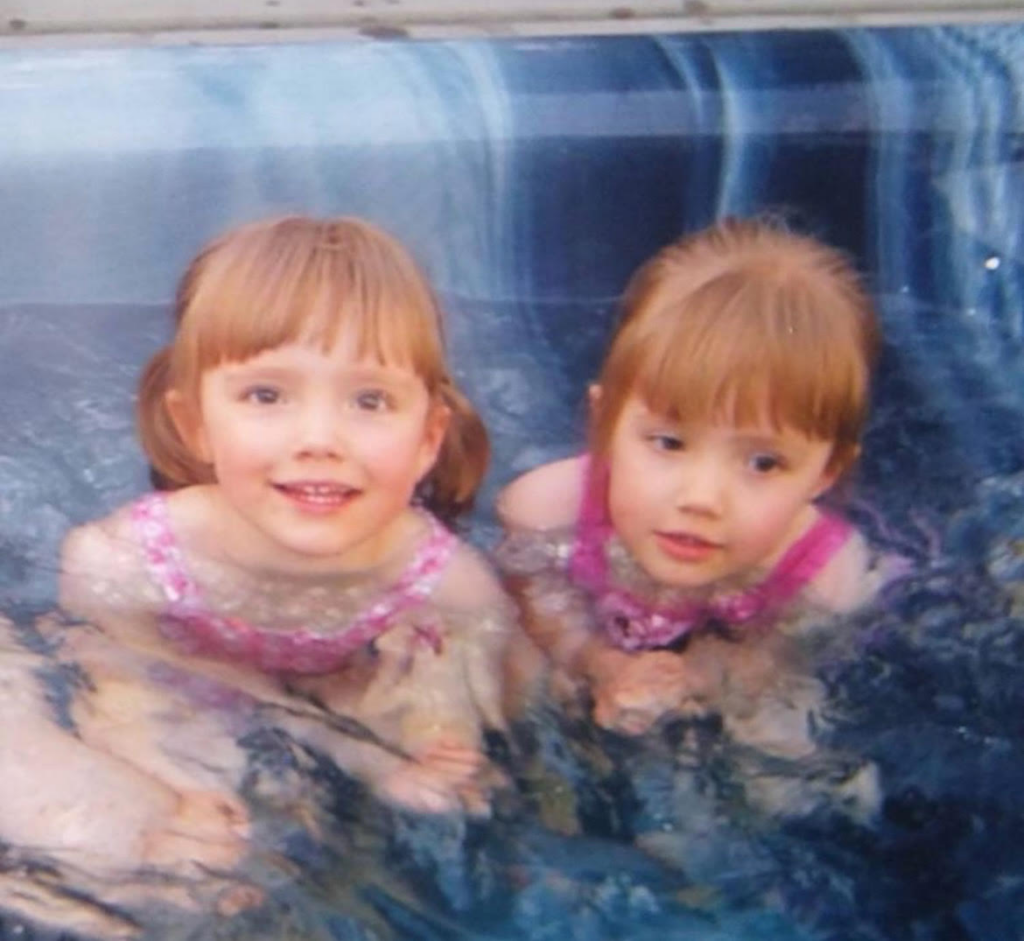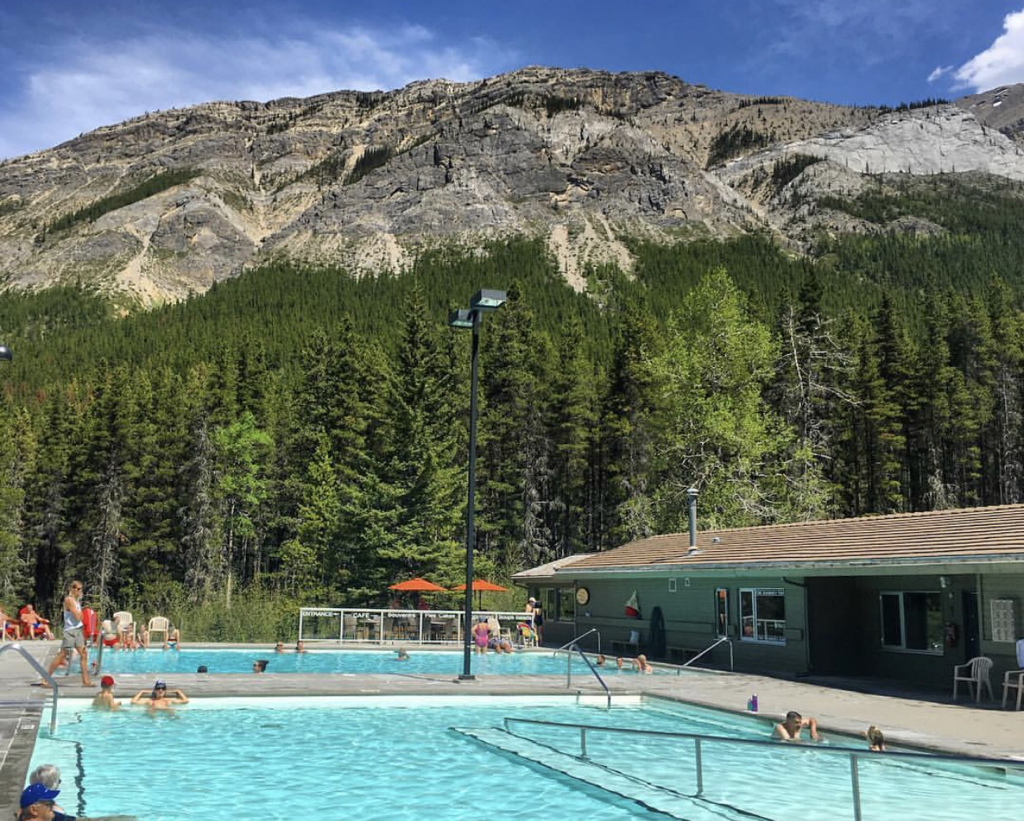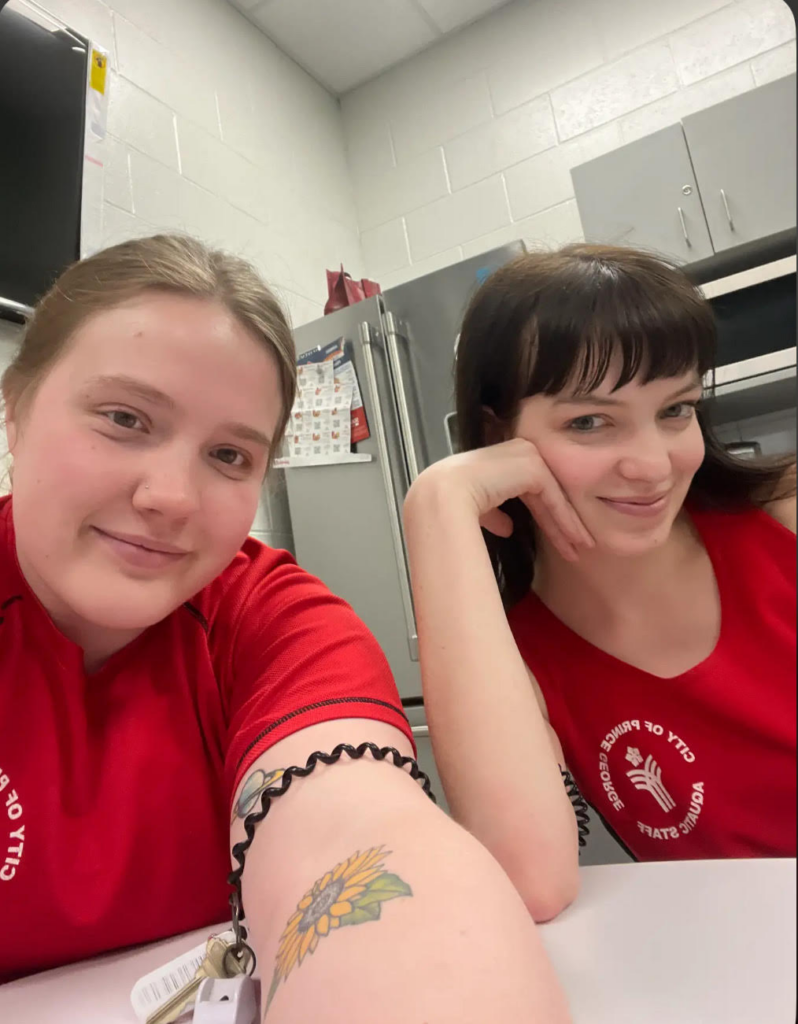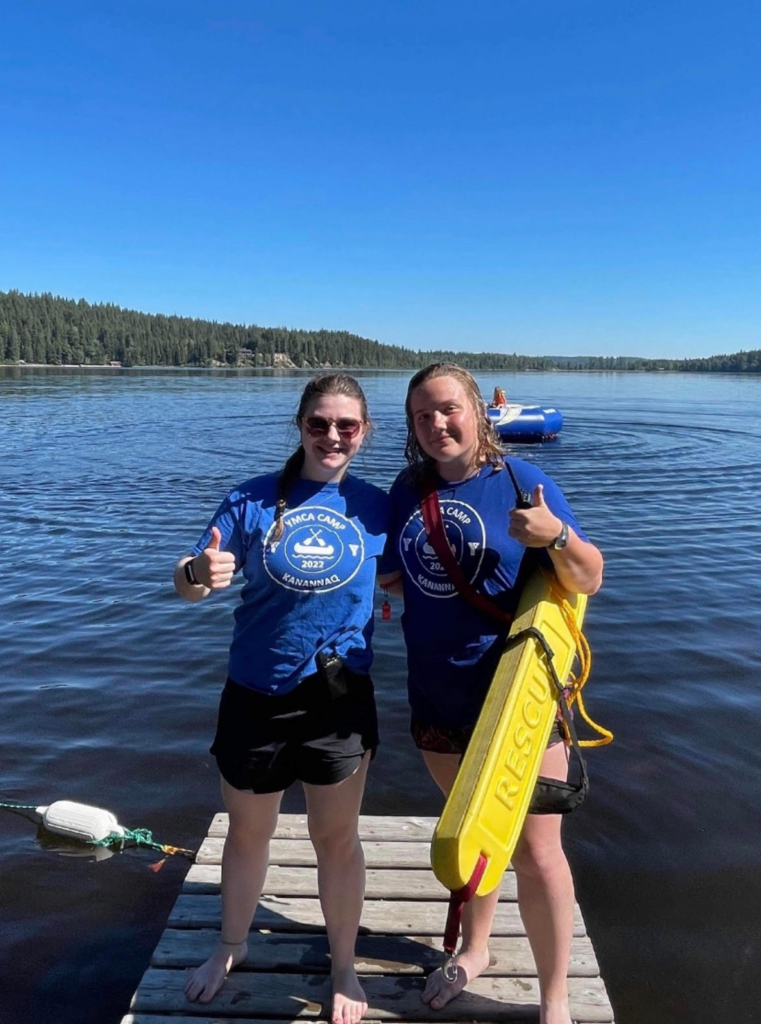
In my work as a lifeguard, waterfront supervisor, swim instructor for five years I became passionate about teaching and child development. From a young age swimming was something I loved to do, and my swim instructors were always people I admired and looked up to. When I turned 16, I decided it was my turn to have an impact on the community’s safety and teach swimming lessons to people of all ages. I worked hard to become a lifeguard, completing all the courses in a year and having the job in October of 2019 with the City of Prince George! From then on, I loved teaching swimming lessons and lifesaving courses to youth. I have also worked two summers with the YMCA as a waterfront supervisor, planning programming such as canoeing, kayaking, and swimming. My most recent job lifeguarding was in Jasper at Miette hotsprings, guarding in the scenic mountains. My role as a swim instructor was impactful because I learned how to assess, lesson plan, supervise safety, practice my creativity, and communicate with parents and families. Above is a photo of myself and my twin sister at 6 years old in the water! If you couldn’t find me, I was most likely in my hot tub, at the pool or in a lake!

Something I am passionate about is development and success. Especially when teaching swimming lessons, development is key to success. You cannot expect a three year old child to be able to swim lanes after one set of lessons. First you have to teach kids how to blow bubbles, hold their breath, and put their face in the water. But before that even, you have to teach a child how to enter a pool safely, how to stay in arms reach of a parent, and how to make sure there are no hazards in the water. And before that even, a child has to learn how to walk, jump, and play. There are so many levels of development that have to take place before a child can learn how to swim in lane pool. Development in the classroom is very similar. Recognizing development and how it works in children as a teacher allows me to be able to plan activities that give every child a chance at success, because children don’t learn if they don’t have success.

Lastly, teaching swimming lessons and lifesaving courses has taught me a lot about assessment. Assessment takes place constantly. Children can understand and execute the standards I am looking for for them to be able to pass a level in many different ways and forms. Just because a child can’t show or write their thoughts, it does not mean that a child doesn’t hold a deep understanding of what they are learning. For example, when I am teaching Bronze medallion or another higher level lifesaving course, and a child cannot write their understanding of the rescue ladder, I review it in many different ways so every child can experience success in their learning. Assessment is broad and can be done in many different ways, too. Often when a child is not fully getting an idea it is not their fault, but the instructors method of teaching that is the issue. Teaching these courses has been the perfect segue into teaching in a classroom because the ideas are all the same on a smaller level. I look forward to practicing what I have learned from being a lifeguard and swim instructor in the classroom.
